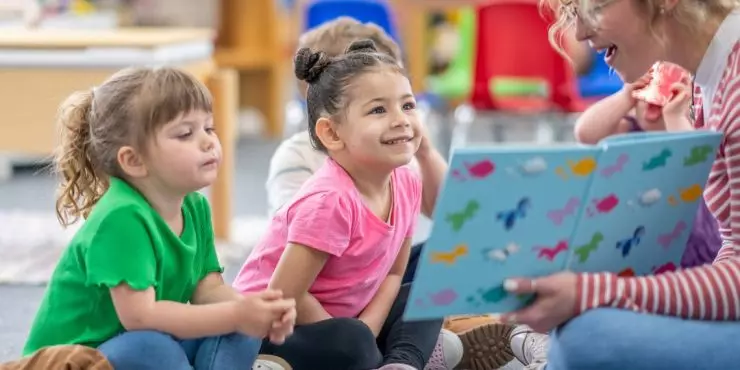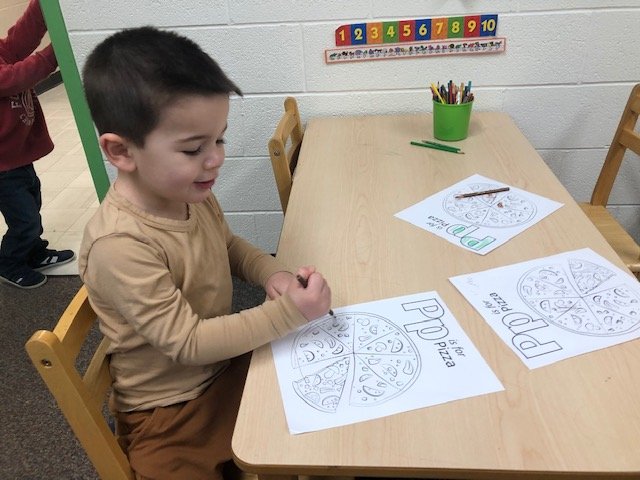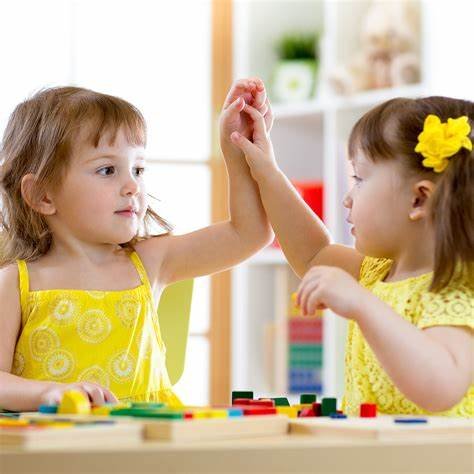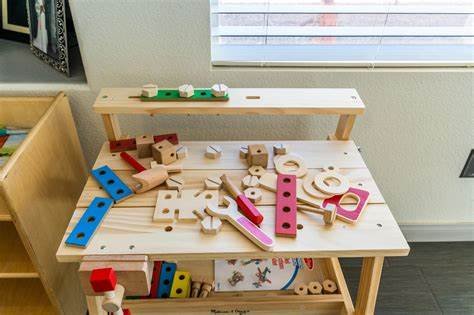Preschool involves interaction with peers and teachers. Ensure your child can share toys and take turns during play.
Additionally, they should express basic needs like hunger or thirst. These foundational skills help them navigate group settings confidently.
Emotional Preparedness
Emotional readiness is crucial for preschool success. Your child should handle short separations from you without distress.
Moreover, they should manage frustration in minor situations like waiting their turn. Encouraging independence fosters confidence and resilience.
Communication Abilities
Clear communication is essential in preschool. Ensure your child can understand and follow simple instructions.
Furthermore, they should articulate basic sentences to express needs, ask questions, or describe their experiences. Strong communication supports learning and socialization.
Basic Self-Care Skills
Preschools expect children to manage some self-care tasks. Teach your child to wash their hands, use the toilet, and put on shoes.
Additionally, encourage them to tidy up after playing. These habits promote responsibility and self-sufficiency.

Attention and Focus
Preschool activities require short periods of focus. Practice activities like puzzles or listening to stories to build their attention span.
Furthermore, teach them to follow a sequence of simple tasks. These skills prepare them for classroom routines and structured play.
Familiarity with Group Settings
If your child hasn’t experienced group play, consider introducing them to playdates or community programs. These experiences build comfort in group settings.
Moreover, they develop cooperation and adaptability, which are essential in a preschool environment.
Interest in Learning
A natural curiosity about the world is key to preschool readiness. Encourage your child to ask questions and explore new things.
Additionally, expose them to books, songs, and hands-on activities to nurture a love for learning. This enthusiasm lays the foundation for academic success.
Physical Readiness
Preschool involves activities that develop motor skills. Ensure your child can hold a crayon, use scissors, and run or climb safely.
These abilities support participation in creative and physical tasks, enhancing their confidence in varied activities.
Familiarity with Routines
Preschools follow structured schedules. Establish routines like regular mealtimes and consistent bedtimes to prepare your child.
Moreover, discuss what a typical preschool day looks like to build their understanding and reduce anxiety.
Easing the Transition
Introduce your child to their preschool environment before the first day. Visit the classroom and meet the teachers together.
Additionally, involve them in choosing their backpack or labeling their supplies. These steps make the transition smoother and more exciting.
Conclusion
Preparing your child for preschool ensures a confident and successful start. Focus on social, emotional, and practical skills for readiness. Moreover, fostering independence and curiosity sets a strong foundation for learning and growth. With this checklist, you can help your child thrive in their new environment.











